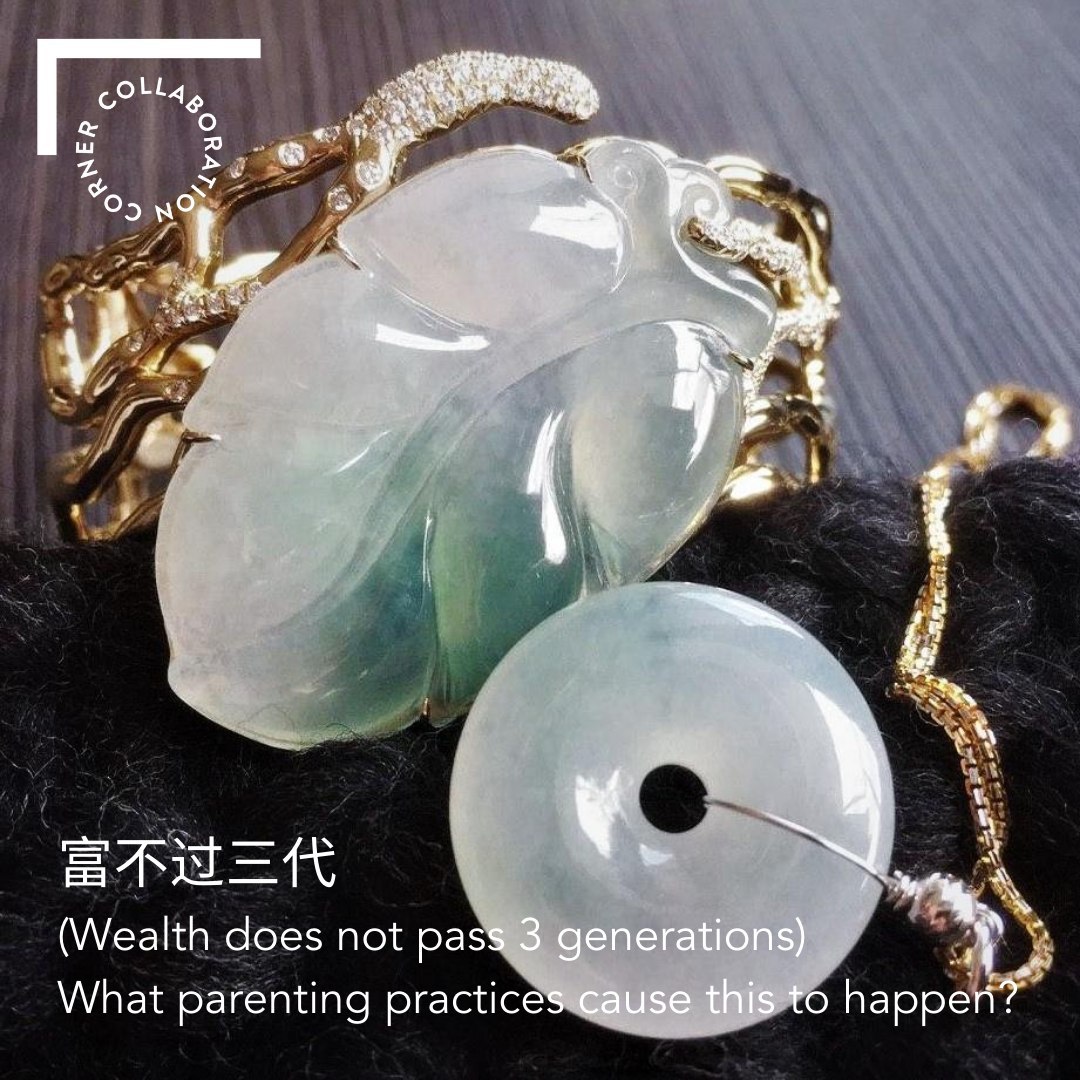|
This post is a continuation from HERE.
David S. Landes' book provides evidence that it is possible to raise capable children across multiple generations. Some parents are better at it than others. What are their parenting secrets? Dr. Pet is no historian. Dr. Pet is a psychologist. What follows are 2 parenting practices that I have observed in my parent coaching practice, which contribute to underperforming children. The Smothering Parent This parent cannot separate herself from her child. She feels a sense of worth from helping and serving her child. She helps the child with everything even if the child is clearly old enough to do many of the things. This parent sees the child as an extension of herself. She owns her child's triumphs and her child's disappointments. Her child becomes a way for this parent to feel validated and valued. This type of parenting completely disempowers the child. If docile, the child will not learn to be self-reliant. If not docile, this child will fight with the parent. Any time spent in conflict is time taken away from growth, development and achievement. The All or Nothing Parent This parent helps in everything until the child reaches a certain age. At that magic age, the parent decides that the child should be independent and so tells the child, "You are old enough to do this on your own. What is wrong with you? Why do you still need me to run after you?" That is a little like pulling a child out of a tub of nice hot water and plunging him into a tub of iced water. There is no transition. The transition from dependent child to independent child should not be so drastic. There should be interim stages. For example, many parents wake up one day and say to their child, "You are old enough to plan and monitor your own work. I am not helping you anymore." With my son, I went through 4 different stages: - Stage 1: I plan and explain to him why I plan things a certain way. - Stage 2: I do a vague plan and get his input on the specifics, always asking to understand why he prefers to plan a certain way. - Stage 3: He plans and explains to me why he plans things a certain way. - Stage 4: He plans and I don't care what he plans. By stage 4, I did not even have to tell him that he was old enough to do it on his own. He just naturally took over the planning and never felt for a single moment that there was something wrong with him.
0 Comments
Your comment will be posted after it is approved.
Leave a Reply. |
Author
Petunia Lee, Ph.D Archives
January 2022
Categories
Find out more about our classes!
|


